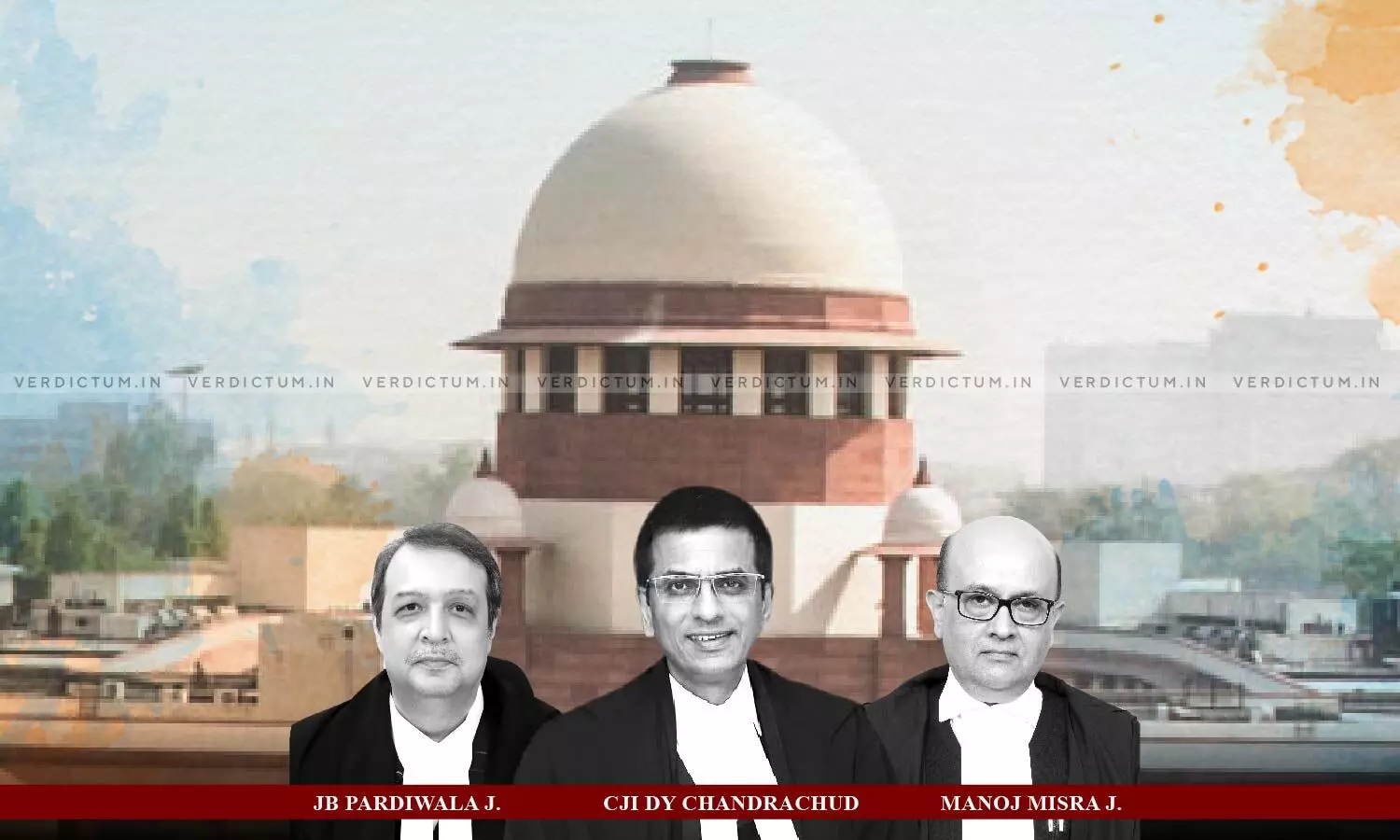
Apex Court Warns States Of Coercive Action If They Don't File Status Report On Menstrual Hygiene Management In Schools
 |
|The Supreme Court today has directed the States who are yet to file their response as instructed in the previous order, to submit their respective status reports in the plea seeking awareness on menstrual hygiene in schools. The bench has listed the matter for further hearing in November so that it can come up with a comprehensive policy on menstrual hygiene in schools. While passing the directions, the bench also warned States that if still they do not comply with the order, the Court will have to take recourse to the 'coercive arm of law'.
The petition has been filed by Jaya Thakur, a social activist who inter alia seeks the Union of India, the States and Union Territories to provide (i) free sanitary pads to every female child studying between classes 6 to 12; and (ii) a separate toilet for females in all government aided and residential schools.
“We direct all other States to submit their response by August 31, 2023. A copy of this order be made available to all Chief Secretaries. In case this order is not complied with then this Court will have to take recourse to the coercive arm of law”, a bench of CJI D.Y. Chandrachud, Justice J.B. Pardiwala and Justice Manoj Misra observed in the matter.
At the outset, ASG Aishwarya Bhati appearing for the Government of India submitted that as per the direction of the Court, only Delhi, Haryana, Uttar Pradesh and West Bengal have submitted their responses. Bhati also submitted that a last chance may be given to the States who are yet to file a status report to do the same.
The bench, through an earlier order dated April 10, 2023, had noted that although the reliefs sought were not exhaustive of the subject, however, the petition raised important issues of public interest, which have a bearing on the need for sanitation and menstrual hygiene for females who are studying in schools.
The counter affidavit filed by the Union of India indicated that the Ministries of Health and Family Welfare, Jal Shakti and Education deal with the subject matter along with the States.
The bench, therefore had observed, “At the present stage, we are of the considered view that it would be appropriate if the Union Government engages with all the State governments and Union Territories to ensure that a uniform national policy is formulated with sufficient leeway for the States and Union Territories to make adjustments, based on the prevailing conditions in their territories”.
While directing the Union of India to file an updated status on the record, the bench in its order also noted, "Bearing in mind the importance of the issue which has been raised, we direct that all States and Union Territories must submit their menstrual hygiene management strategies and plans which are being executed either with the help of funds provided by the Central Government or through their own funds to the Mission Steering Group of the National Health Mission within a period of four weeks...Apart from the above direction, the States and Union Territories shall also indicate to the Mission Steering Group of the National Health Mission the appropriate ratio of female toilets for residential and non-residential schools for their respective territories. All States and Union Territories shall also indicate the steps which have been taken to provide for the availability of low cost sanitary pads and vending machines in schools and for appropriate disposal mechanisms. Besides making a provision for ensuring the availability of low cost sanitary pads and vending machines in all schools, they shall also ensure that disposal mechanisms are available in schools/school complexes with enrollment of female students in upper primary, secondary and higher secondary classes for safe disposal of sanitary pads".
Cause Title: Jaya Thakur v. Government of India and Ors.